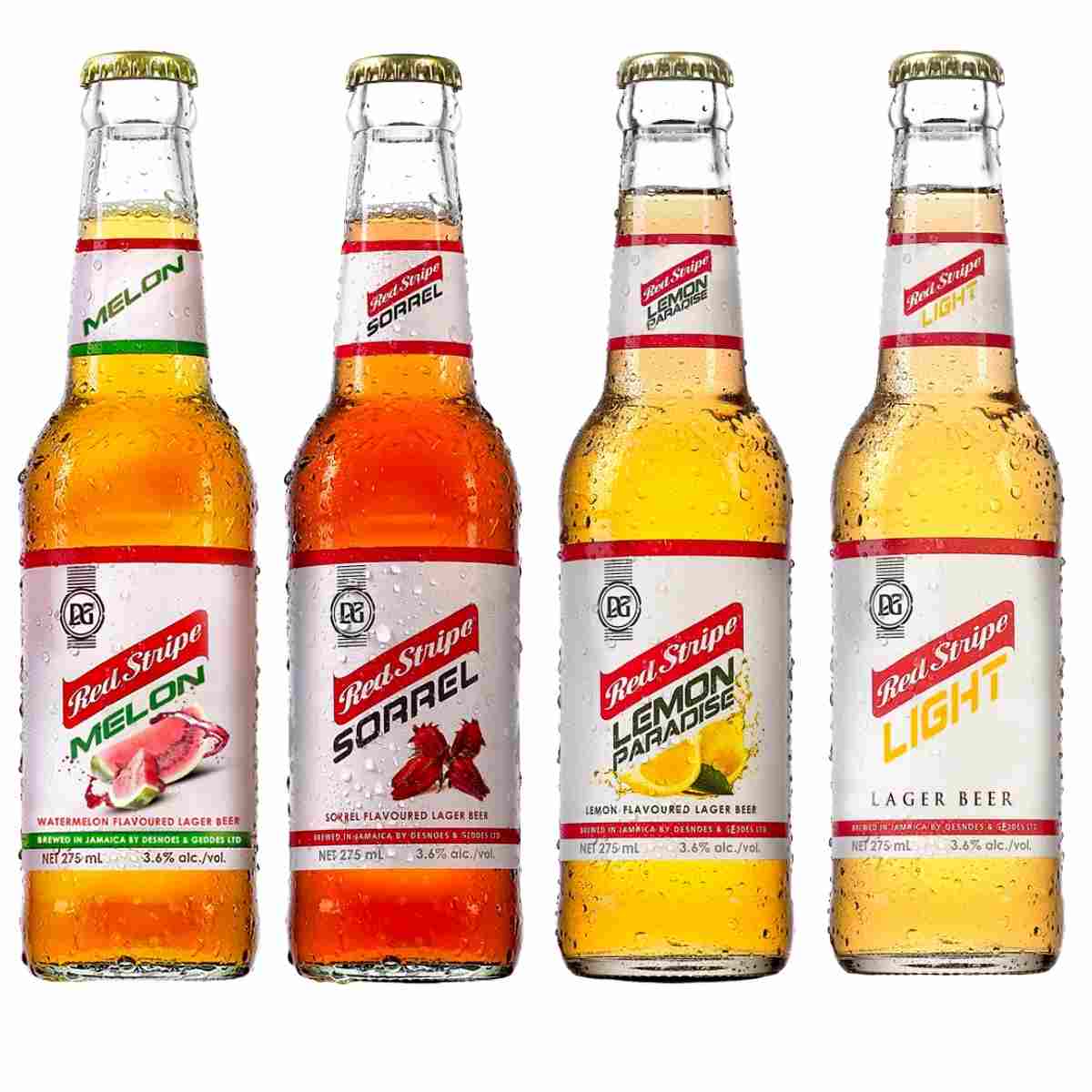JAMAICA | Cassava: A Root of Innovation in Jamaica's Beer Industry and Beyond

KINGSTON, JAMAICA, APRIL 22, 2024 - In an ambitious move that intertwines agriculture with the burgeoning craft beer market, Red Stripe, a subsidiary of Heineken International based in Jamaica, is expanding its cassava cultivation to an impressive 580 acres.
This expansion not only signifies a shift towards local sourcing but also marks a significant step towards sustainability and economic diversification.
The initiative currently encompasses 460 acres of cassava cultivation, with 300 acres owned directly by Red Stripe and an additional 160 acres cultivated through partnerships with 12 local farmers.

The decision to incorporate cassava into beer production is not merely a quest for local ingredients but a genuine investment in the agricultural sector.
This initiative comes in the wake of Red Stripe's legal challenge in the USA regarding the classification of its beer as "draft," spotlighting the company's commitment to using indigenous ingredients to craft its beverages.
The Jamaica Agricultural Society (JAS) has lauded this shift towards cassava, recognizing its potential to generate positive foreign exchange impacts.
Red Stripe's venture into cassava-based beer production has already yielded innovative results, with the introduction of three draft beer varieties flavored with sorrel, lemon, and melon.
This diversification hints at a broader utilization of traditional crops, benefiting both local consumption and export markets.
The resurgence of cassava, a crop with deep historical roots in Jamaica dating back to the Arawak era in 1492, signifies a return to indigenous agriculture potentially capable of reversing the unhealthy dietary trends introduced by European colonizers.
Despite its nutritional value and historical significance, cassava farming has faced numerous challenges, including unfulfilled government promises and economic hardships.
Efforts in the 1970s to establish a viable cassava industry met with limited success due to inadequate pricing, irrigation, and yields. Subsequent attempts, including initiatives by the University of the West Indies and various small-scale operations, underscore the crop's untapped potential. Recognizing cassava's suitability for animal feed, there's a call for an industry development that would make processing feasible.
 The current landscape presents an opportunity for a revitalized cassava industry supported by government initiatives, private sector engagement, and research.
The current landscape presents an opportunity for a revitalized cassava industry supported by government initiatives, private sector engagement, and research.
Advocates argue for the establishment of a cassava institute within the Rural Agricultural Development Authority (RADA) office complex in St Elizabeth to spearhead research and support for cassava farmers across Jamaica.
Red Stripe's commitment to cassava cultivation embodies a broader vision for Jamaica's agriculture and manufacturing sectors.
By leveraging this versatile crop, the company not only fosters innovation in beer production but also champions a sustainable, locally sourced future, showcasing the potential for cassava to transform industries and livelihoods.
This strategic shift toward local ingredients, exemplified by Red Stripe's cassava initiative, represents more than an agricultural or manufacturing milestone; it signifies a cultural renaissance, reconnecting Jamaica with its agrarian roots and heritage.
The move challenges the longstanding reliance on imported ingredients and sets a precedent for other industries to follow, promising a ripple effect of innovation and sustainability across the Caribbean and beyond.
Moreover, Red Stripe’s engagement with local farmers heralds a new era of corporate-community collaboration. By doubling the number of farmers involved in cassava cultivation, the initiative not only ensures a stable supply chain for beer production but also contributes to rural development and poverty alleviation.
This partnership model could serve as a blueprint for other companies seeking to integrate local sourcing while bolstering the local economy.
The potential benefits of this cassava initiative extend far beyond the brewing vats of Red Stripe. As the project matures, it could pave the way for a wide array of cassava-based products, both for local consumption and for export markets eager for authentic Jamaican flavors and ingredients.
 From gluten-free food products to biofuels and animal feed, the versatility of cassava holds untapped potential that can contribute significantly to Jamaica's economic diversification and environmental sustainability efforts.
From gluten-free food products to biofuels and animal feed, the versatility of cassava holds untapped potential that can contribute significantly to Jamaica's economic diversification and environmental sustainability efforts.
However, the success of this venture hinges on overcoming historical challenges that have plagued cassava production in Jamaica. The establishment of a dedicated cassava institute, as proposed, could be a game-changer, offering research, development, and support services to overcome issues of irrigation, yield, and market volatility.
This institutional support, coupled with government backing and private sector investment, could finally unlock the full potential of cassava, transforming it from a crop of hardship to a pillar of Jamaica's agricultural resurgence.
As Red Stripe and its partners forge ahead with this ambitious project, the eyes of the world will be on Jamaica, watching as it turns a traditional staple into a modern marvel.
This journey from the fields to the brewery and beyond encapsulates a broader story of innovation, resilience, and the transformative power of local ingenuity. In reembracing cassava, Jamaica is not only tapping into its past but also planting the seeds for a greener, more sustainable future.
-30-
